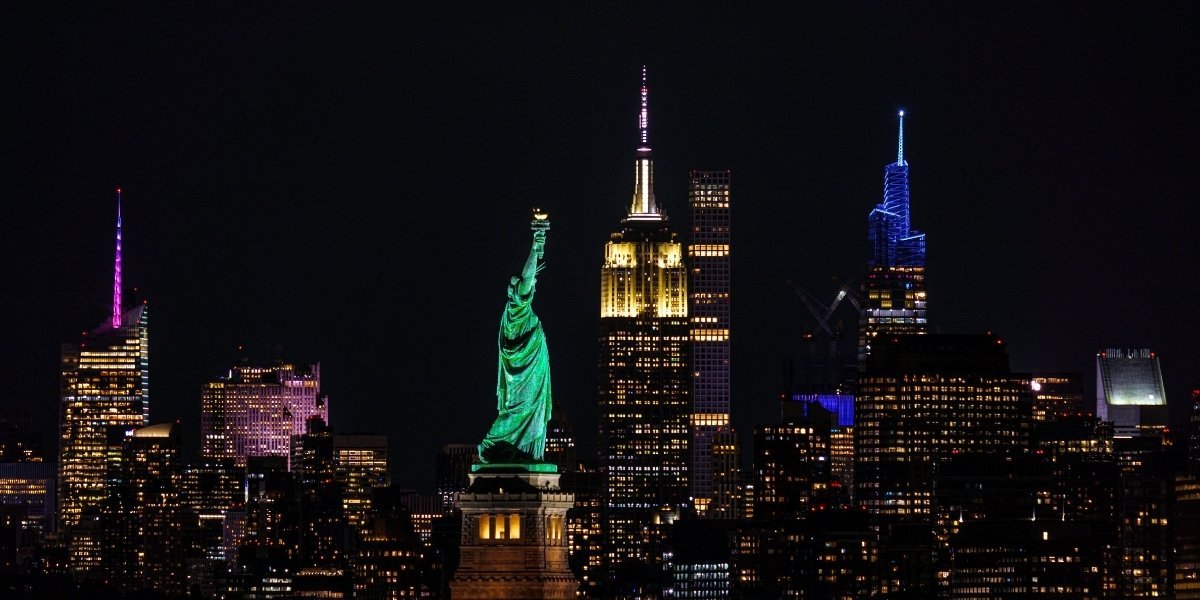The entertainment industry has seen a dramatic increase in the speed at which franchises are rebooted. What once took decades to revive is now often rebooted within a single generation. Franchises that defined childhoods in the ’80s, ’90s, and early 2000s are being reimagined for new audiences at an unprecedented rate. From superhero sagas to classic horror films, Hollywood’s strategy has increasingly favored revivals of existing intellectual properties (IPs) over original storytelling. But why has the reboot cycle accelerated so dramatically? Several key factors contribute to this trend, ranging from financial incentives to technological advancements and shifts in audience behavior.
Read also: Why Brands Get Renamed in TV Shows
Financial Incentives Drive Faster Reboots
One of the biggest reasons franchises are rebooted more quickly is the financial security they offer to studios and production companies. Creating an original story comes with inherent risks—that an unfamiliar film or series will resonate with audiences. However, reviving an established franchise with a dedicated fan base reduces that uncertainty.
Studios are far more willing to greenlight a project if it has brand recognition. Even if a reboot fails critically, it still has the potential to generate profit through box office sales, merchandise, licensing deals, and streaming revenue. As a result, studios find it financially safer to invest in reboots rather than take chances on completely new IPs.
The success of blockbuster franchises like Spider-Man, Jurassic Park, and Ghostbusters proves that audiences are willing to return to familiar worlds, even if they’ve seen them multiple times before. When a film with franchise recognition is released, it immediately commands attention and ticket sales. This makes rebooting established properties a logical choice for an industry that prioritizes profit over risk.
The Impact of Streaming Platforms on Reboots
Another key factor accelerating franchise reboots is the rise of streaming services. Platforms such as Netflix, Disney+, HBO Max, and Amazon Prime Video are in constant need of new content to retain subscribers. Rather than relying solely on original productions, these platforms recognize the appeal of reintroducing familiar franchises.
By reviving classic series and films, streaming services can tap into nostalgia while also attracting younger audiences who may be experiencing the franchise for the first time. This strategy extends beyond movies—popular television series like Saved by the Bell, Gossip Girl, and The Fresh Prince of Bel-Air have all been rebooted to cater to both new and returning audiences.
Additionally, streaming services have shortened the time between reboots by eliminating the traditional reliance on box office performance. A film or series can be deemed successful based on viewership metrics rather than theatrical sales, allowing studios to justify reboots even faster if they see strong engagement on digital platforms.
Nostalgia and Audience Engagement
Nostalgia plays a significant role in why franchises are rebooted at an increasing pace. Audiences who grew up with a beloved film or TV show often feel an emotional connection to it, making them more likely to support its return.
Studios capitalize on this emotional attachment by reviving franchises that evoke childhood memories, ensuring that older audiences will watch while introducing the IP to a younger generation. This dual appeal creates a built-in marketing advantage, as nostalgic fans generate buzz and excitement leading up to a reboot’s release.
Social media also amplifies this nostalgia-driven engagement. Discussions on platforms like Twitter, Reddit, and TikTok can reignite interest in past franchises, prompting studios to consider reboots to meet rising demand. The viral success of nostalgic trends often serves as a green light for studios to fast-track franchise revivals.
Technological Advancements and Reboot Potential
Technological improvements have also contributed to the faster pace of reboots. Advances in CGI, visual effects, and animation have made it easier for studios to modernize classic films. Many franchises from the ’80s and ’90s were limited by the technology of their time, making them prime candidates for visual reinvention.
For example, early superhero films struggled with CGI limitations, but modern technology has made it possible to create more immersive and visually stunning adaptations. This has led to multiple reboots of franchises like Spider-Man and Batman within short time spans, each iteration improving upon the previous one with more advanced special effects and storytelling techniques.
Similarly, animated franchises have benefitted from technological advancements. Disney, for instance, has turned its hand-drawn classics into CGI remakes, revamping films like The Lion King and Aladdin to appeal to a new generation while leveraging nostalgia.
Intellectual Property Management and Franchise Longevity
Maintaining intellectual property (IP) rights is another reason studios reboot franchises more quickly. If a studio owns a valuable IP, it must actively produce content to retain legal control over it. Otherwise, the rights could revert to the original creators or become available for competitors to acquire.
This is particularly evident in superhero franchises. Sony’s multiple reboots of Spider-Man—from Tobey Maguire’s version in the early 2000s to Andrew Garfield’s reboot in 2012, followed by Tom Holland’s take in the Marvel Cinematic Universe—are a direct result of the studio needing to maintain rights to the character. If Sony does not actively use the Spider-Man license, the rights could revert back to Marvel Studios.
This pattern extends to other properties as well. Studios see long gaps between installments as a missed opportunity to keep franchises active, relevant, and financially lucrative. By regularly rebooting their IPs, they ensure these properties remain valuable and in the public consciousness.
Market Competition and Content Saturation
The entertainment industry is more competitive than ever, with countless movies, TV series, and digital content vying for audience attention. Given this oversaturation, studios turn to familiar franchises as a way to stand out in a crowded market.
Reboots serve as an instant marketing advantage. A well-known franchise generates immediate curiosity, requiring less effort to introduce than an entirely new concept. Fans already recognize the title, the characters, and the themes, making it easier for studios to build hype.
Additionally, as international markets continue to grow, studios are looking to reboots as a way to reintroduce franchises to new audiences. Movies that were once popular primarily in North America are now being rebooted to reach global markets, increasing their profitability.
Read also: The Evolution of Cosplay Photography: From Hobby to Art Form
The Future of Franchise Reboots
With all these factors driving the acceleration of franchise reboots, it’s unlikely that the trend will slow down anytime soon. As long as studios continue to see financial returns, streaming platforms demand recognizable content, and audiences engage with nostalgic IPs, the reboot cycle will remain a dominant force in the industry.
However, the challenge moving forward will be ensuring that these reboots offer fresh perspectives rather than simply rehashing old stories. Some franchises have successfully evolved with each reboot—such as Mad Max: Fury Road and The Planet of the Apes series—while others have struggled with audience fatigue, as seen with the diminishing returns of The Terminator and Fantastic Four reboots.
Ultimately, the speed at which franchises are rebooted is a reflection of the current media landscape, where content is king, nostalgia is a currency, and studios must adapt quickly to changing consumer habits. Whether this trend leads to creative innovation or over-saturation remains to be seen, but for now, audiences can expect to see their favorite franchises return sooner than ever before.









